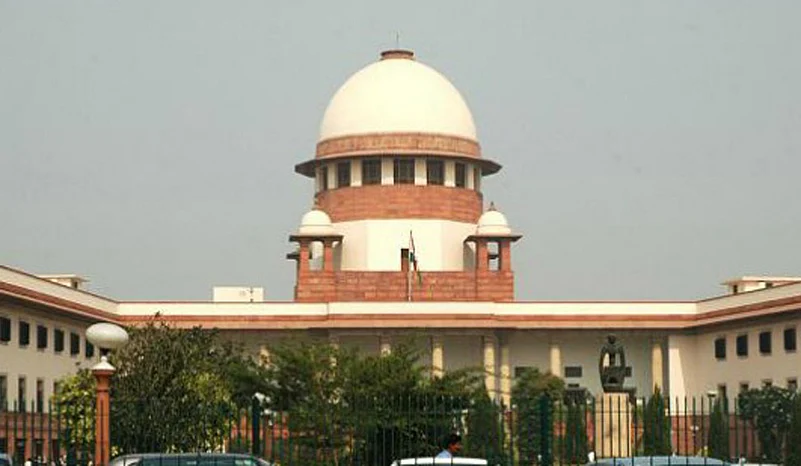The Supreme Court on Wednesday agreed to hear petitions challenging the Constitutional validity of the Uttar Pradesh Prohibition of Unlawful Conversion of Religion Ordinance, 2020, and the Uttarakhand Freedom of Religion Act, 2018, issuing notices to the two states on Wednesday, 6 January.
The apex court, however, refused to stay controversial provisions of laws.
A bench headed by Chief Justice S A Bobde refused, however, to stay the controversial provisions of the laws and issued notices to both state governments on two different petitions.
The pleas, filed by advocate Vishal Thakre and others and an NGO ‘Citizen for Justice and Peace’, have challenged the constitutional validity of the Uttar Pradesh Prohibition of Unlawful Religious Conversion Ordinance, 2020 and the Uttarakhand Freedom of Religion Act, 2018 which regulate religious conversions of inter-faith marriages.
Advertisement
At the outset, the top court asked the petitioners to approach the Allahabad High Court after Solicitor General Tushar Mehta said that it is already seized of the matter.
The bench said that this is not the transfer petition where it can transfer to itself all the cases on the law after one of the petitioners said that the issue should be examined by the top court.
Senior advocate C U Singh, appearing for the NGO, referred to the judgement of Justice (retd) Deepak Gupta and says that similar laws are being made in various states.
He sought a stay of the provisions of the law and said that people are being in the middle of wedding ceremonies.
Advertisement
Singh added that some of the provisions of these laws are oppressive and horrible in nature and requires the prior consent of the government to marry which is absolutely obnoxious.
The bench said that it is issuing notice and sought response from both the state governments within four weeks.
When Singh insisted for stay of provisions, the CJI said that now stay is sought on some provisions without hearing the states.
“How can it be done?” the bench said.
With PTI Inputs




















